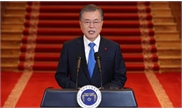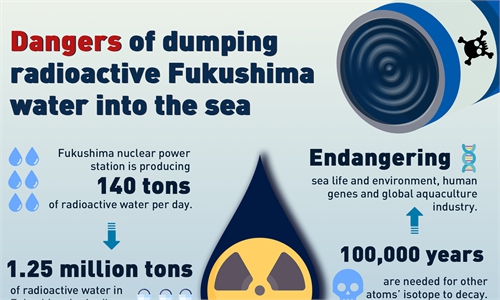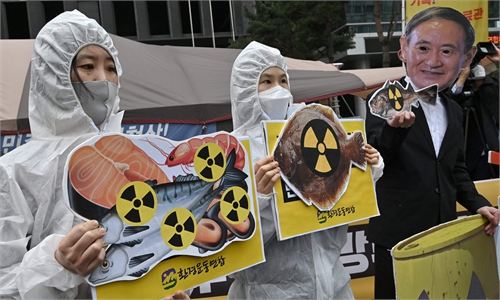Philippines joins concerns over Fukushima water dumping
Philippines expresses concerns over Fukushima water dumping
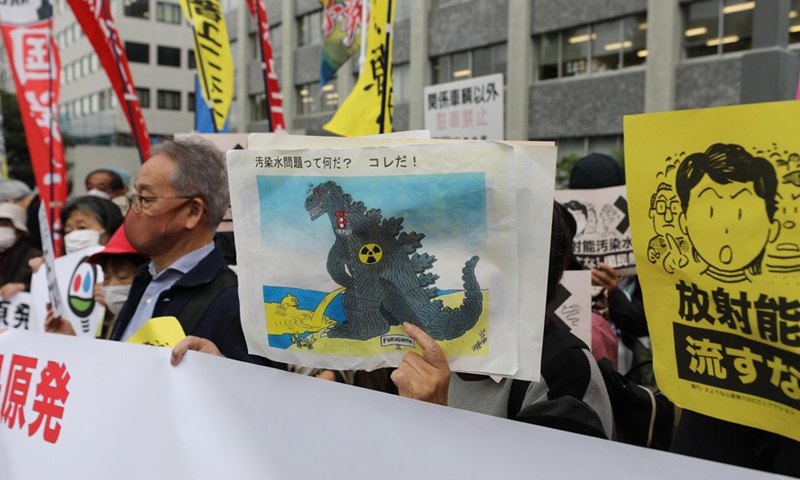
People rally to protest against the Japanese government's decision to discharge contaminated radioactive wastewater in Fukushima Prefecture into the sea, in Tokyo, capital of Japan, on Tuesday. Photo: Xinhua
Following suit of Japan's neighboring countries including China, Russia and South Korea, the Philippines is the first Southeast Asian country to express deep concerns over Japan's decision to dump Fukushima wastewater into the sea.Philippine presidential spokesperson Harry Roque said on Thursday he hopes that nations, including those behind the pollution, would follow the law's principles, and pay for the damage, local media reported.
"First principle is we are one ecosystem. Second principle is that we are interconnected and the third principle is that the polluter must pay," he noted.
Chinese analysts said Southeast Asian countries except Laos are maritime countries, and they are also major fishing countries.
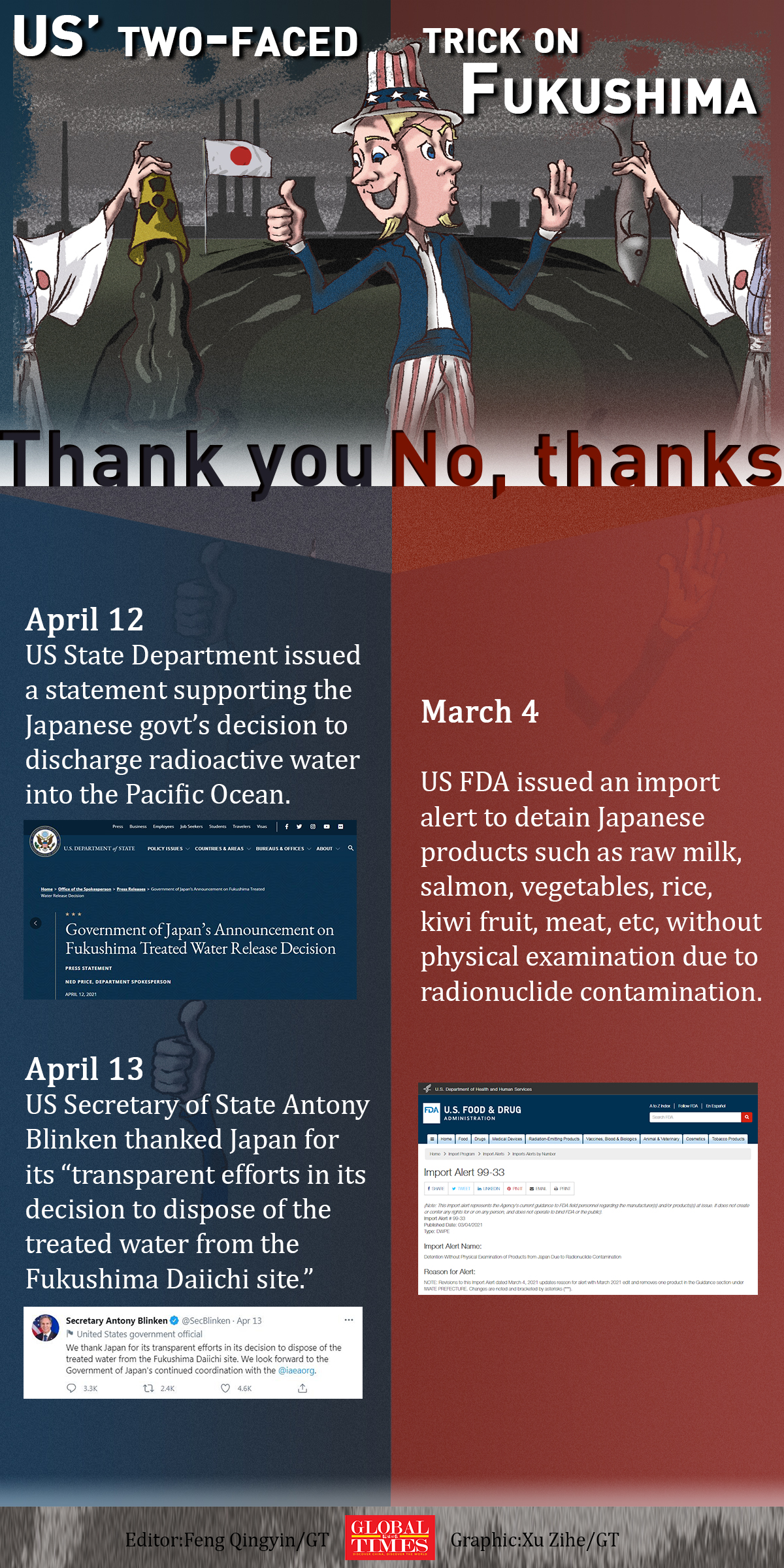
US' two-faced trick on Fukushima.Infographic: Feng Qingyin and Xu Zihe/GT
A Pacific Ocean threatened by nuclear pollution would affect the regional aquaculture industry and trade, with coastal countries to be greatly impacted, analysts stressed, noting that the countries could not stand by over this serious issue.
However, the Global Times found that media in Vietnam, Indonesia, and other countries in the region seemed to have downplayed the coverage with few comments and reports over the Fukushima wastewater dumping.
Zhuang Guotu, head of Xiamen University's Southeast Asian Studies Center, told the Global Times on Thursday that Southeast Asian countries have a close relationship with Japan both politically and economically, which could possibly explain their reluctance to speak out against Japan.
Also, given US support for Japan's decision and the silence of many Western countries, Southeast Asian countries may have scruples to speak out and have underestimated the possible impact of the radioactively contaminated water.
"I believe more countries in the region will voice out and raise their concerns or opposition, following the Philippines," said Zhuang.
Chinese Assistant Minister of Foreign Affairs Wu Jianghao on Thursday summoned Japanese Ambassador to China Hideo Tarumi, and made solemn representations on the Japanese government's decision to dump wastewater from the Fukushima nuclear power plant to the ocean.
Wu pointed out that such a decision disregards the global marine environment, international public health and safety, and the vital safety and interests of the people of neighboring countries, and is suspected of violating international laws and rules, which is not the work of a modern civilized country. China expresses its strong dissatisfaction and firm opposition to this.
Japan's neighbors China and South Korea on Wednesday expressed their firm opposition to Tokyo's decision during the first meeting of China-South Korea dialogue on maritime affairs mechanism held via video link.
The two countries urged Japan to consult international organizations and neighboring countries, and carefully deal with the wastewater issue, Zhao Lijian, spokesperson of the Chinese Foreign Ministry, said at a press conference on Thursday.
The Russian Foreign Ministry also expressed great concern over the issue late Tuesday.
Zhao has condemned the Japanese government's selfish decision to dump Fukushima radioactive water into the ocean, saying that third parties including China, South Korea, and international institutions should be involved in wastewater dumping examination.
"Given that TEPCO had twisted data and hidden incidents, is the data without the assessment and monitoring of international institutions really reliable?" Zhao questioned.
"To prove it's clean, please first ask Japanese politicians use the water for drinking, cooking, washing clothes or irrigation," Zhao said.
Zhao stressed that the Japanese government should not see the support from the US as a tranquilizer.
Zhao pointed out that while giving thumbs up to Japan's decision, the US has banned imports of Japanese rice, fish and other products due to public health concerns related to radiation and nuclear contamination. The US Food and Drug Administration also said it has strengthened supervision of regulated products from Japan.
"How does the Japanese government explain this US policy?" Zhao questioned.

